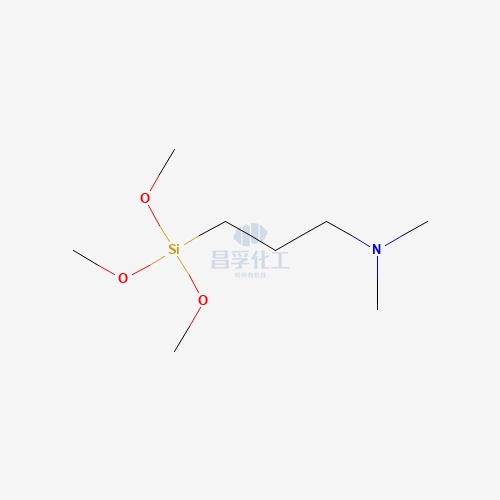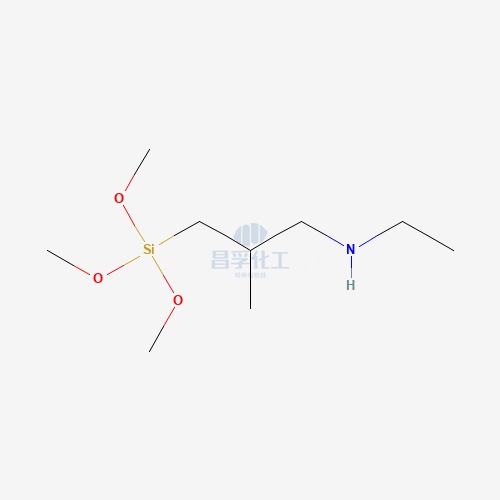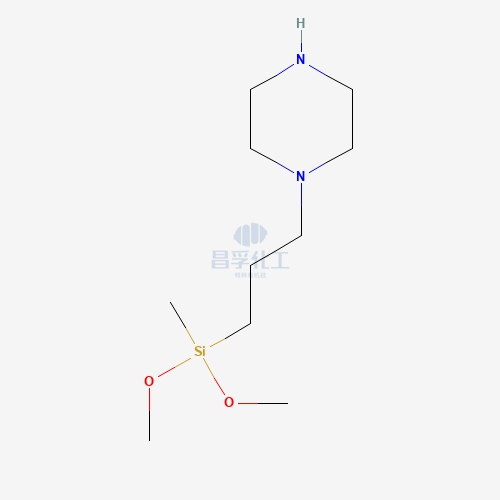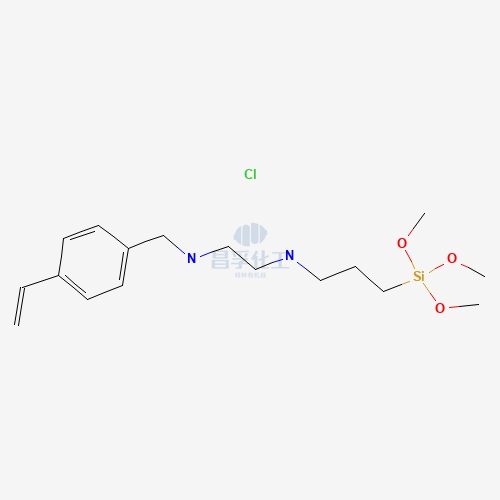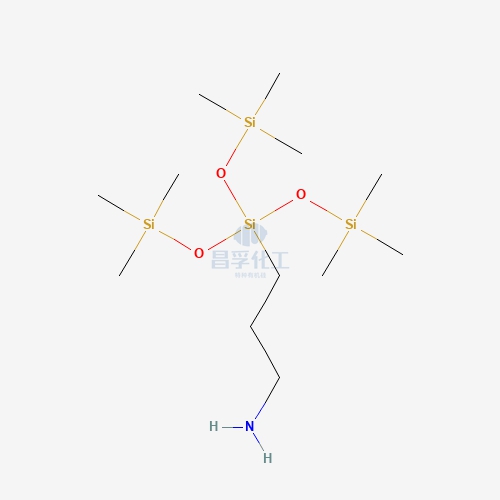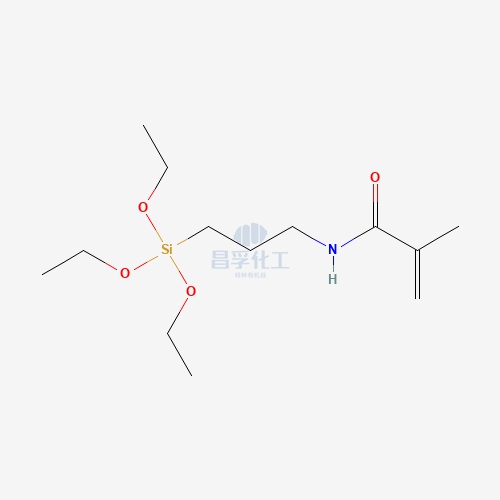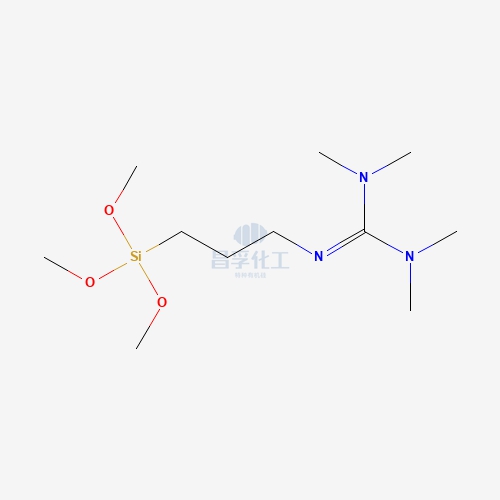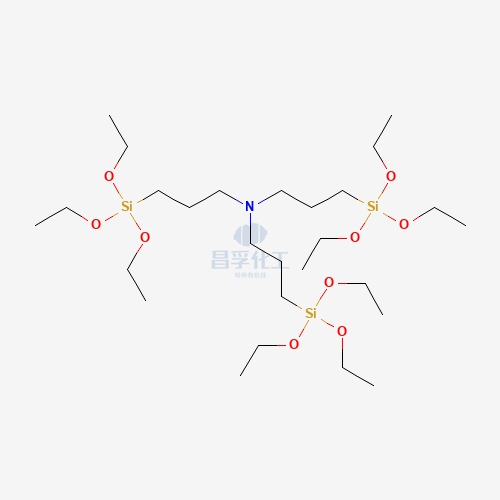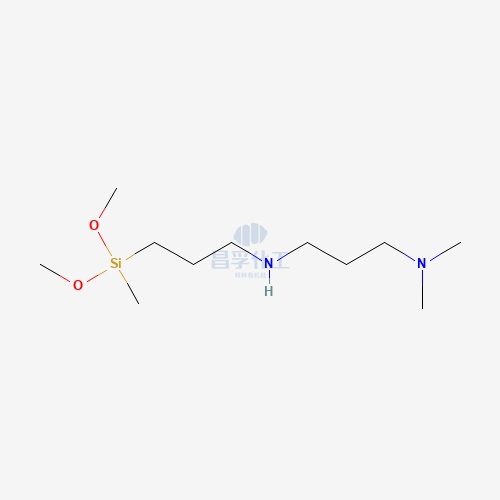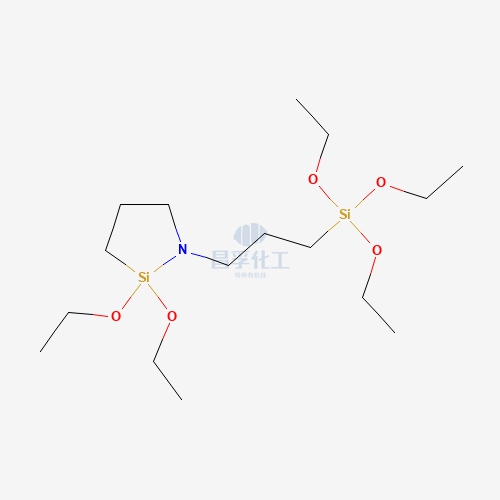
Contact Changfu Chemical Now!
+86 27 8439 6550 | +86 181 6277 0058
Is Liquid Silicon the Same as Liquid Silicone?
Silicon-based materials play a crucial role in various industries, from electronics to medical devices. In this blog, we will delve into the distinct properties and applications of liquid silicon, liquid silicone, and silicone resin liquid. Additionally, we will explore market trends and data to provide a comprehensive understanding of these versatile materials.
![]()
What is Liquid Silicon?
Liquid silicon refers to silicon in its molten state, which is achieved by heating silicon to its melting point of approximately 1,414 degrees Celsius (2,577 degrees Fahrenheit). This form of silicon is primarily used in high-temperature industrial processes.
Applications of Liquid Silicon
- Semiconductor Manufacturing: Liquid silicon is crucial for producing silicon wafers, a fundamental component in semiconductor devices. The Czochralski process, where a seed crystal is dipped into molten silicon and slowly withdrawn, creates single crystal silicon wafers.
- Solar Panels: Photovoltaic cells, which convert sunlight into electricity, are made using liquid silicon.
- Silicon Alloys: Liquid silicon is used to produce silicon alloys for the automotive and construction industries due to its strength and thermal properties.
Market Insights
According to a report by MarketsandMarkets, the global semiconductor silicon wafer market is expected to grow from USD 8.15 billion in 2021 to USD 10.79 billion by 2026, at a CAGR of 5.8%. This growth is driven by the increasing demand for consumer electronics and advancements in automotive technology.
What is Liquid Silicone?
Liquid silicone refers to a type of silicone rubber that is in a liquid state at room temperature. It is composed of long polymer chains of siloxane with a liquid consistency. Liquid silicone rubber (LSR) is used in a variety of applications due to its flexibility, durability, and resistance to extreme temperatures.
Applications of Liquid Silicone
- Medical Devices: Liquid silicone is used to manufacture medical devices such as catheters, implants, and tubing due to its biocompatibility and stability.
- Consumer Goods: Products like baby bottle nipples, kitchen utensils, and wearable devices often use liquid silicone for its softness and flexibility.
- Automotive Parts: LSR is used in the automotive industry for manufacturing gaskets, seals, and other components that require high durability and temperature resistance.
Market Insights
The global liquid silicone rubber market was valued at USD 2.43 billion in 2020 and is projected to reach USD 3.92 billion by 2026, growing at a CAGR of 8.3%, according to a report by Allied Market Research. This growth is driven by the increasing demand for high-performance materials in healthcare and automotive industries.
What is Silicone Resin Liquid?
Silicone resin liquid is a type of silicone products that cures into a hard, durable, and heat-resistant resin. It is widely used in coatings, adhesives, and encapsulants due to its excellent thermal stability and electrical insulation properties.
Applications of Silicone Resin Liquid
- Coatings: Silicone resin liquid is used in high-temperature coatings for industrial equipment, automotive parts, and cookware.
- Adhesives and Sealants: Its strong bonding properties make it ideal for adhesives and sealants in construction and electronics.
- Electrical Insulation: Silicone resin liquid is used to encapsulate and insulate electronic components, protecting them from moisture and thermal damage.
Market Insights
The silicone resin market is expected to grow significantly, driven by increasing demand for high-performance materials in various end-use industries. According to Grand View Research, the global silicone market size was valued at USD 16.5 billion in 2020 and is expected to expand at a CAGR of 4.5% from 2021 to 2028. The growth is attributed to the rising demand for silicone resins in electronics, construction, and automotive industries.
Is Liquid Silicon the Same as Liquid Silicone?
Liquid silicon and liquid silicone are not the same, though they are often confused due to their similar names.
Liquid Silicon
- Definition: Liquid silicon refers to the molten, elemental form of silicon (Si). It is a solid at room temperature but melts into a liquid state at very high temperatures around 1,414 degrees Celsius (2,577 degrees Fahrenheit).
- Applications: Used in specialized industrial processes such as the production of silicon wafers for semiconductors and solar panels. It is not commonly encountered outside these applications.
Liquid Silicone
- Definition: Liquid silicone, also known as liquid silicone rubber (LSR), is a synthetic polymer material composed of silicon, oxygen, carbon, and hydrogen. It is a viscous liquid at room temperature and can be cured into a solid, rubber-like material.
- Key Points:
- It is a two-part, platinum-cured material with good fluidity, allowing for precise molding and coating applications.
- It does not produce byproducts during curing, making it suitable for food and medical-grade applications.
- It has properties like flexibility, chemical resistance, heat resistance, and water resistance.
- Applications: Commonly used in products such as phone cases, kitchen utensils, medical devices, and various industrial applications.
In summary, liquid silicon is the molten elemental form, while liquid silicone is a synthetic polymer material that starts as a liquid but can be cured into a solid, rubber-like state with unique properties.
Conclusion
Understanding the differences and applications of liquid silicon, liquid silicone, and silicone resin liquid is essential for leveraging their unique properties in various industries. The growing demand in markets such as semiconductors, medical devices, and high-performance coatings underscores the importance of these versatile materials. By staying informed about industry trends and market data, businesses can make informed decisions and capitalize on the expanding opportunities in the silicon-based materials market.
Popular Silicon Compounds
Popular Silicon Compounds
Related News & Blog
Related News & Blog


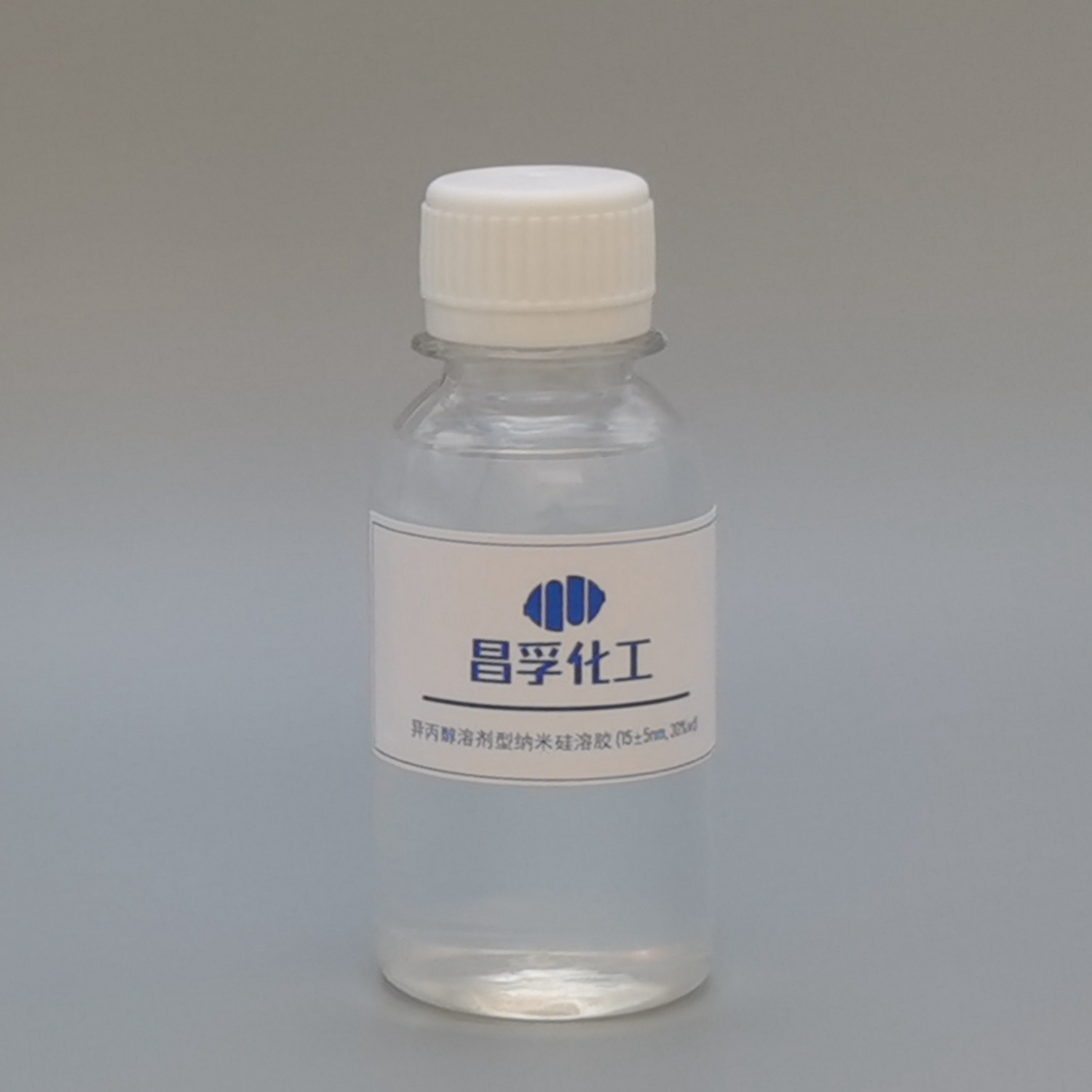
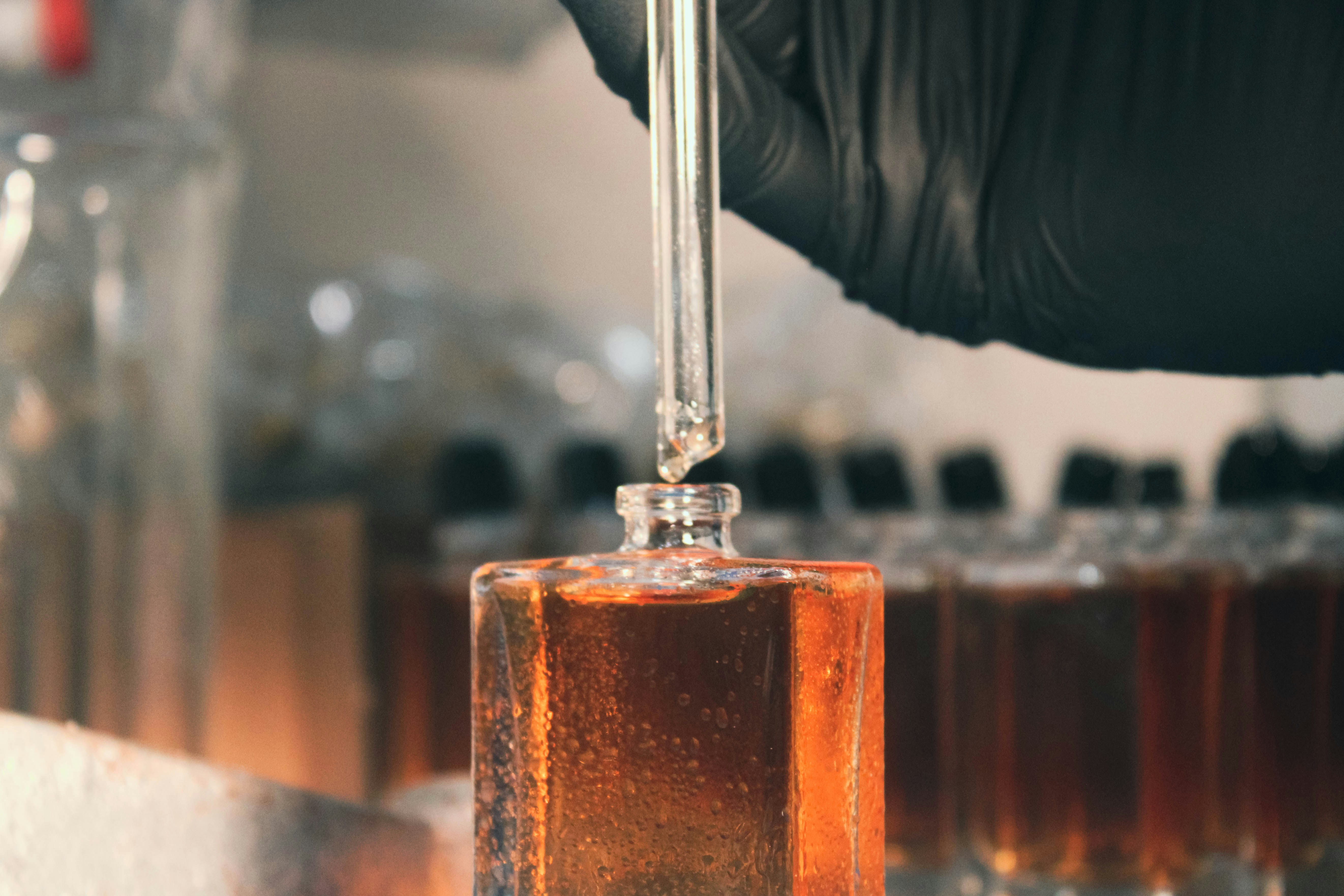
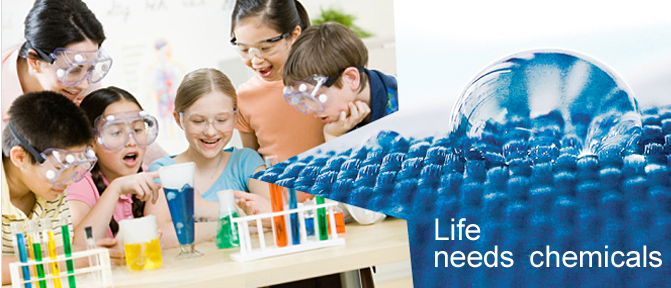



















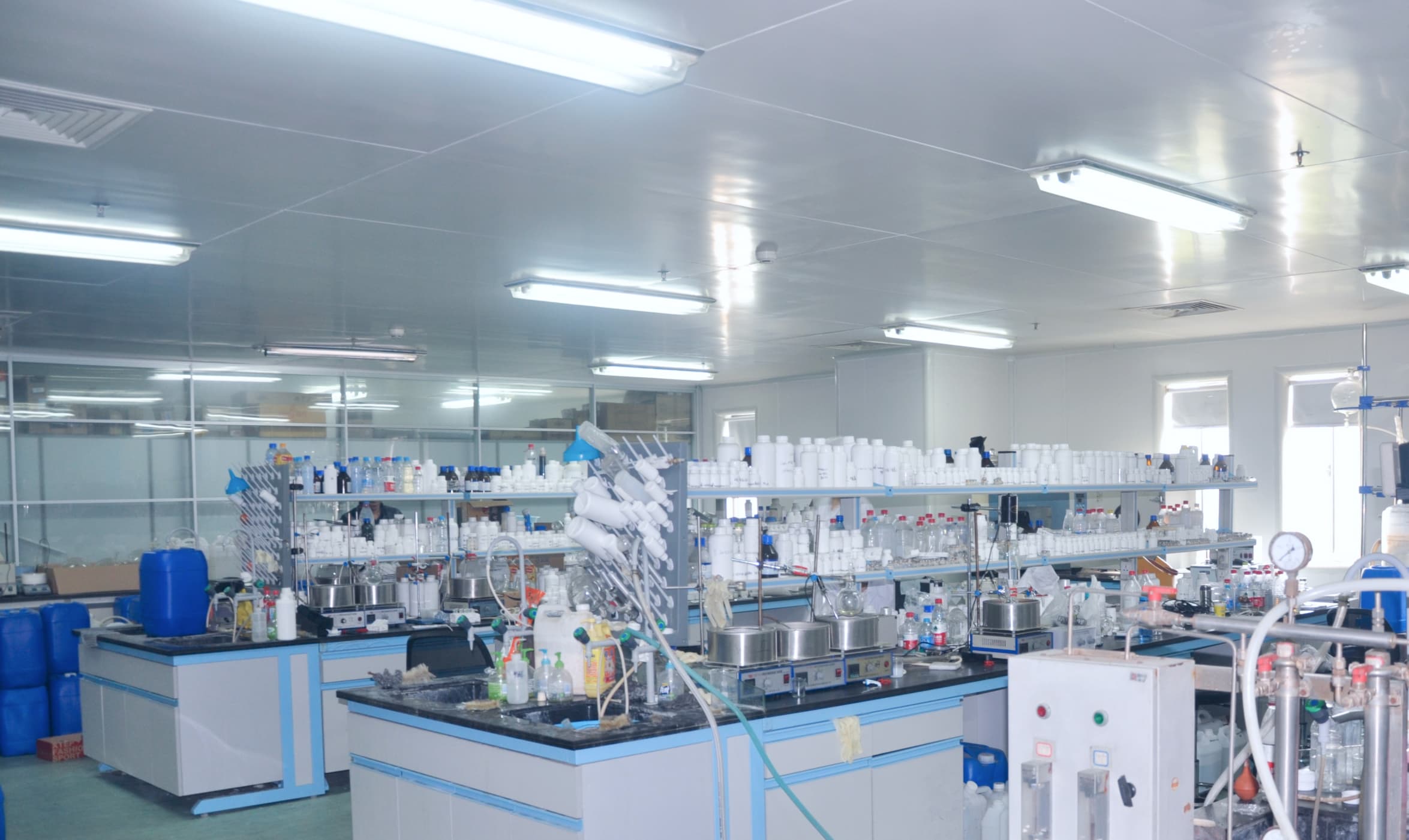


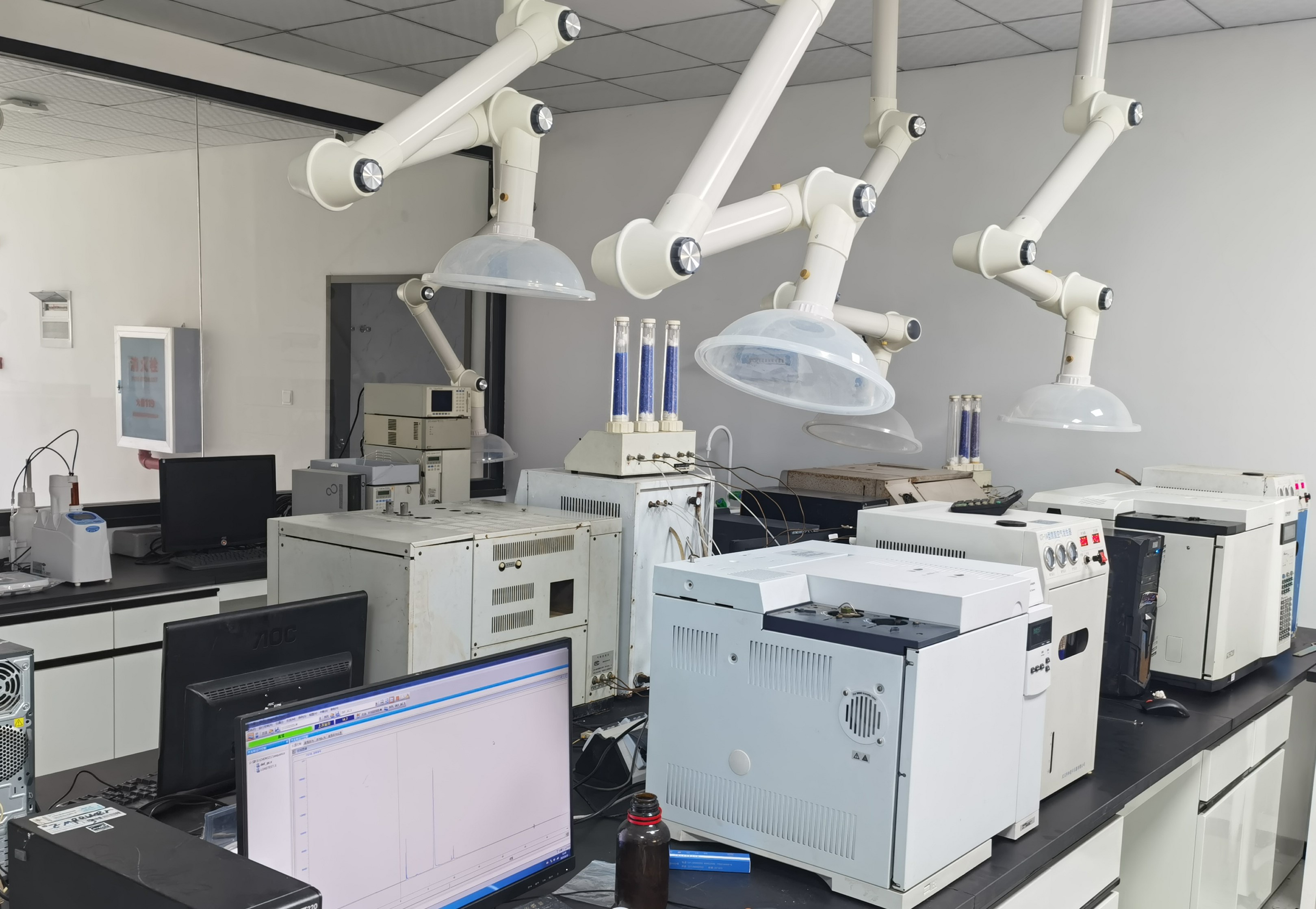



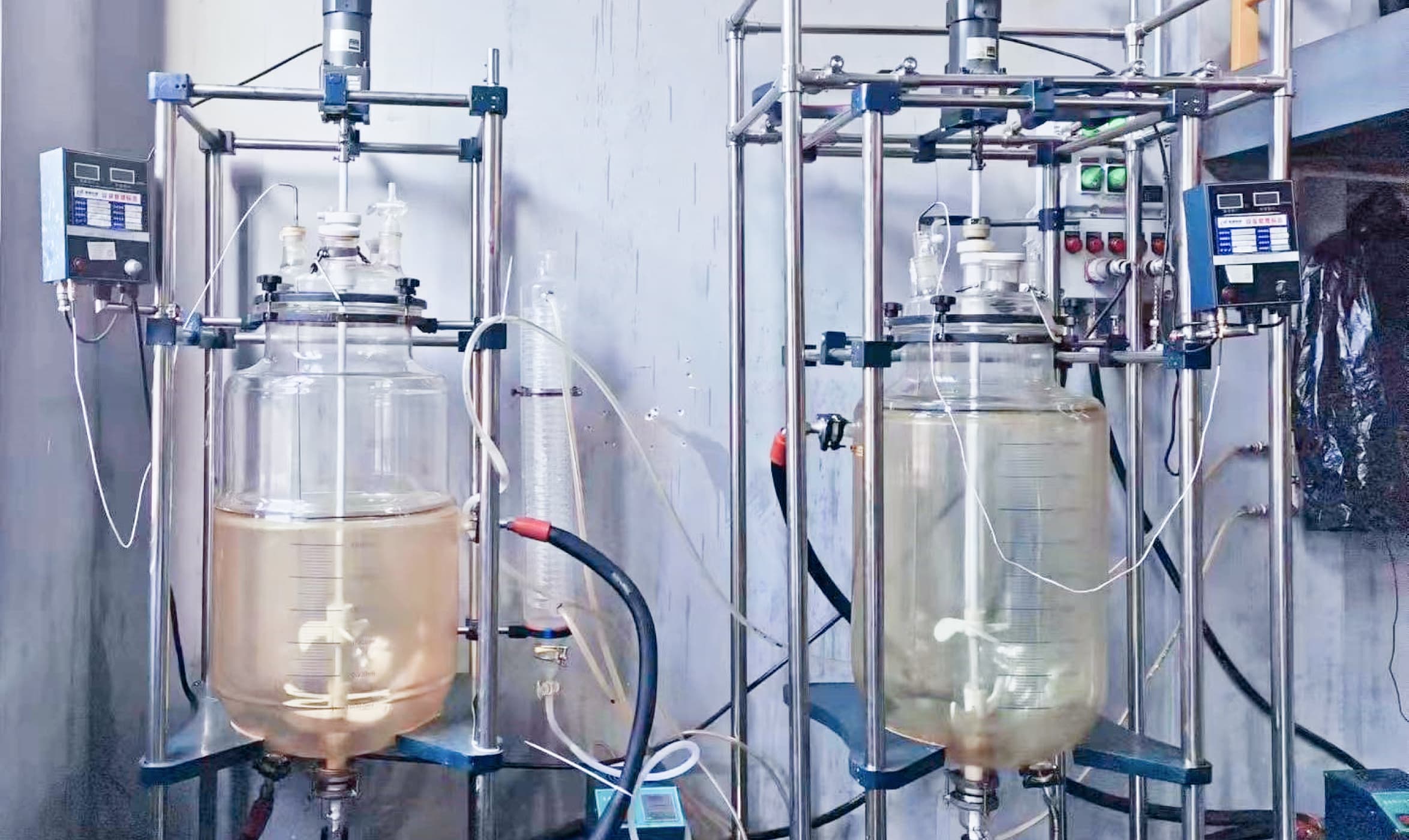



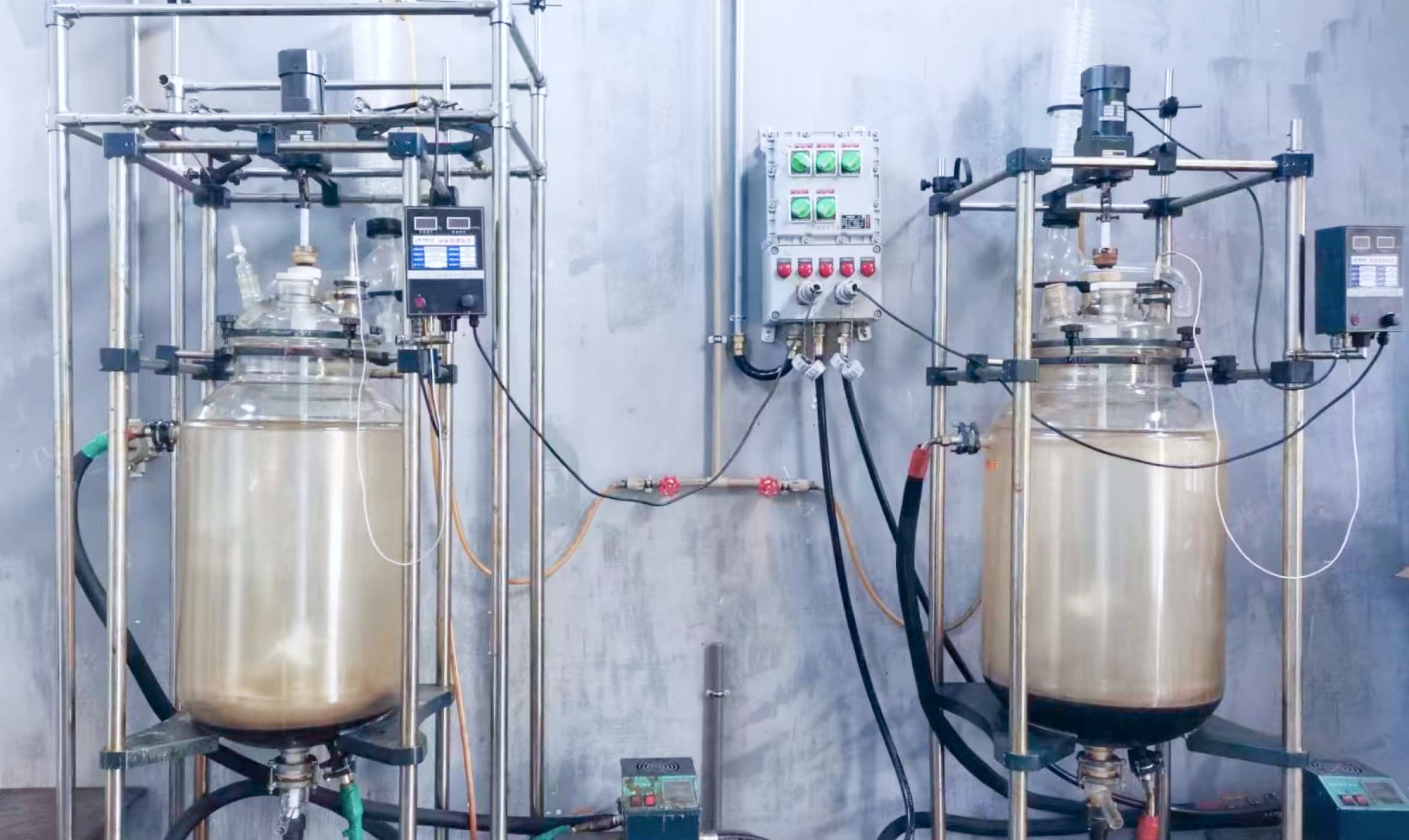
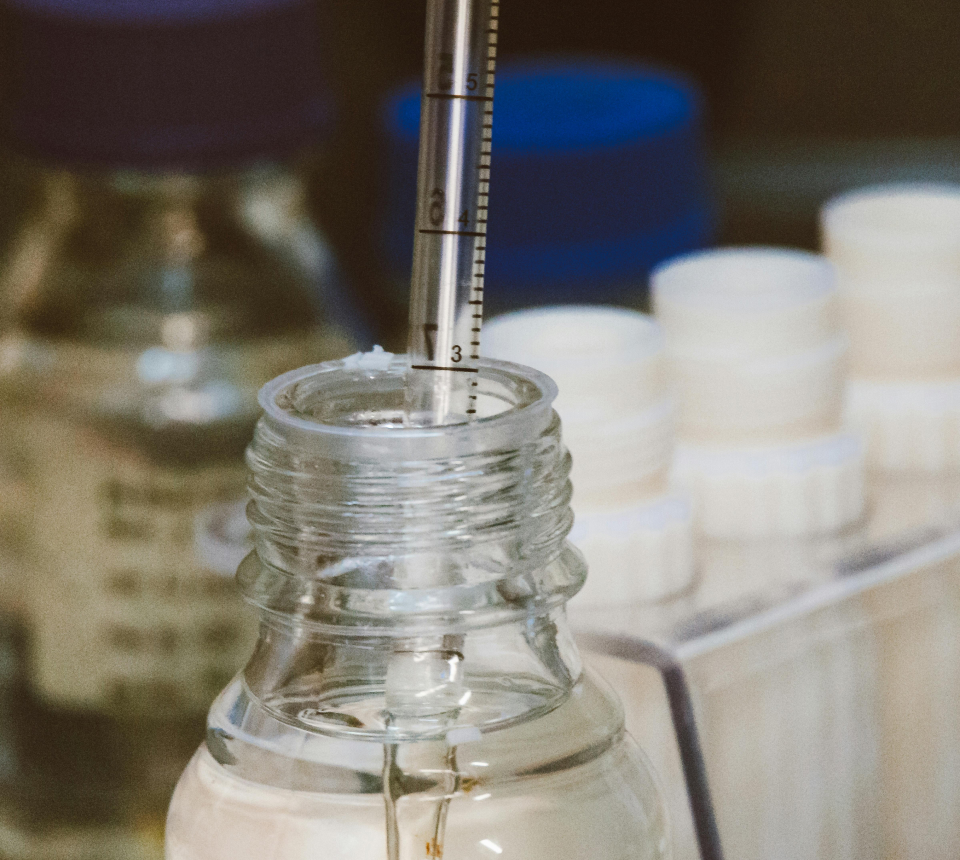





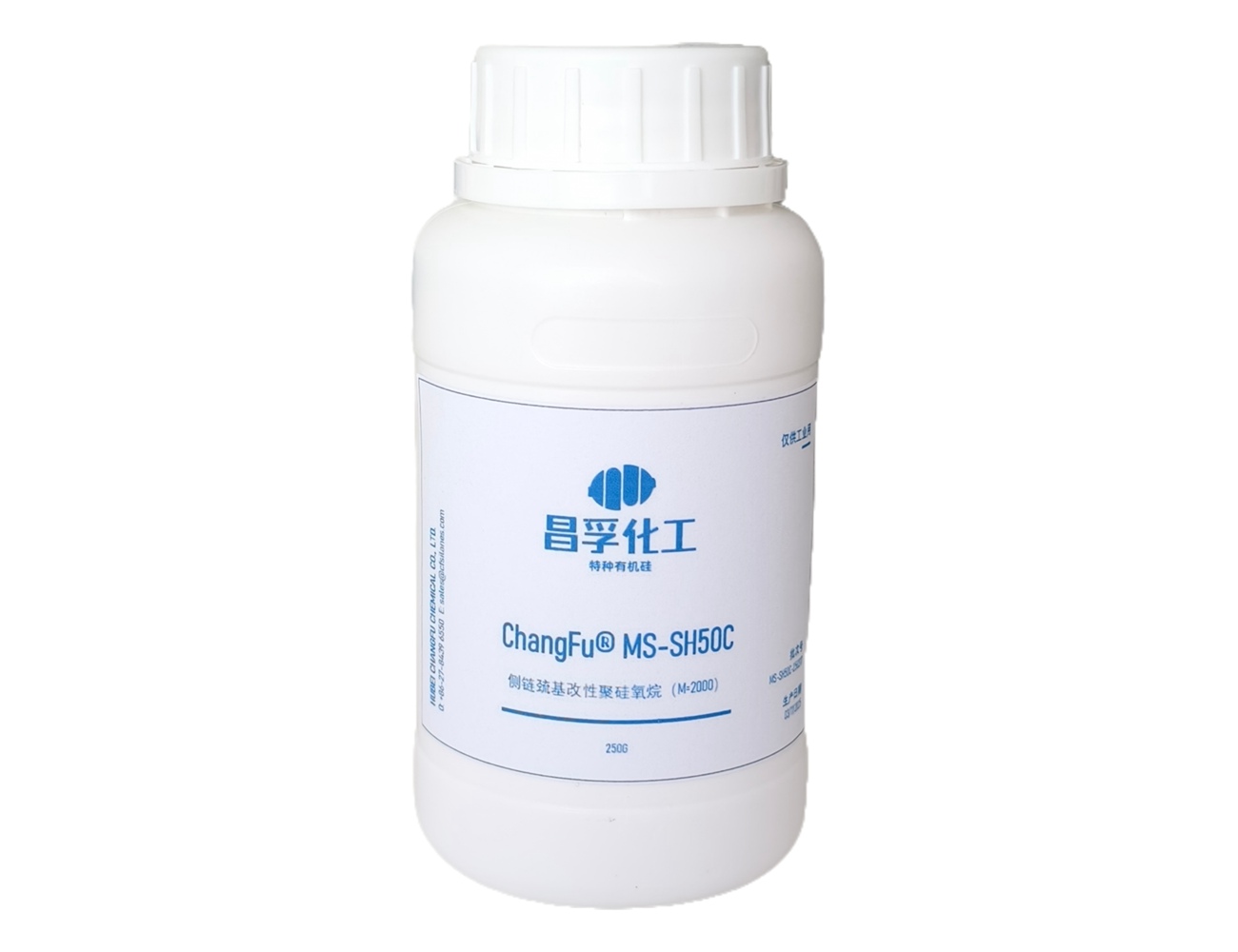



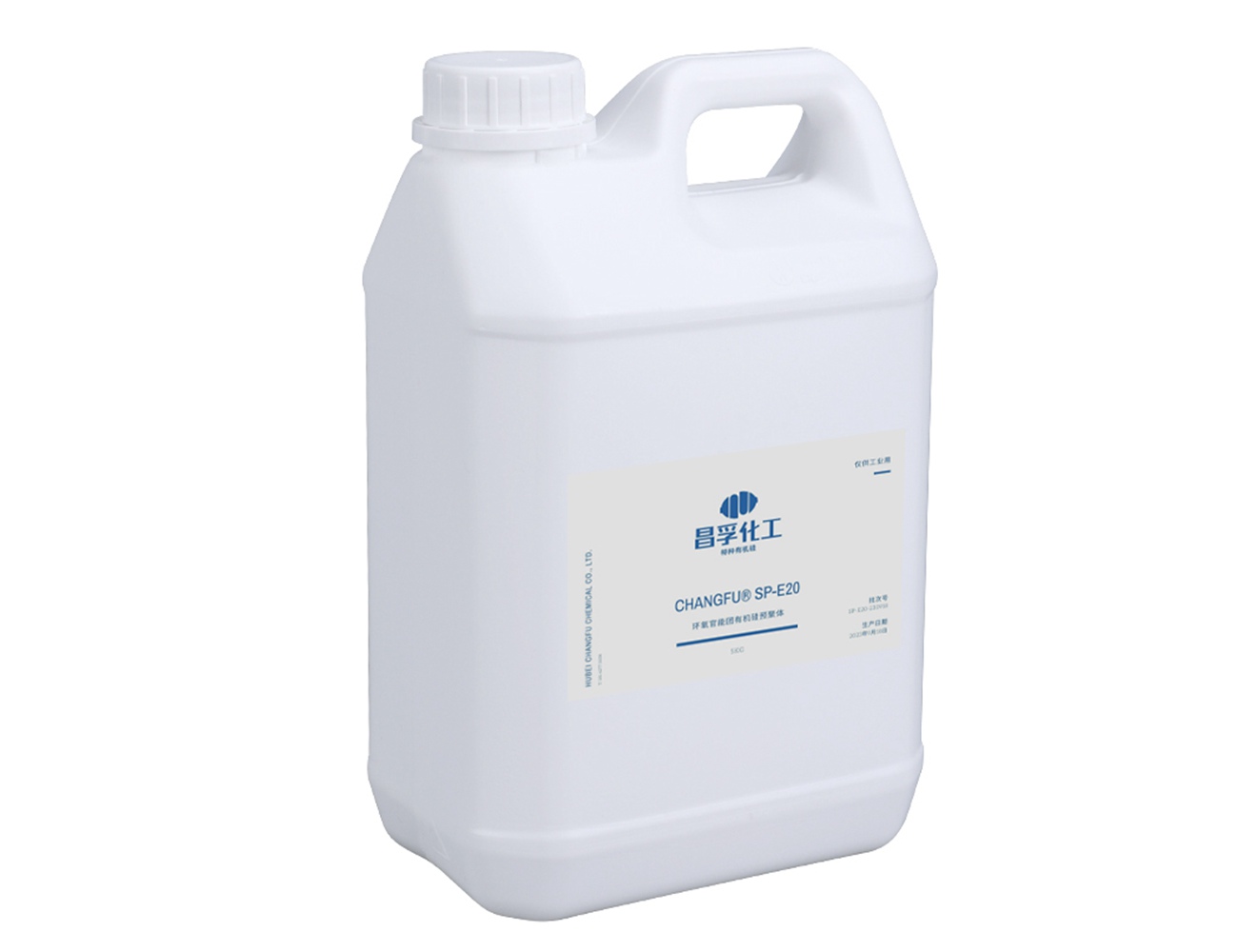
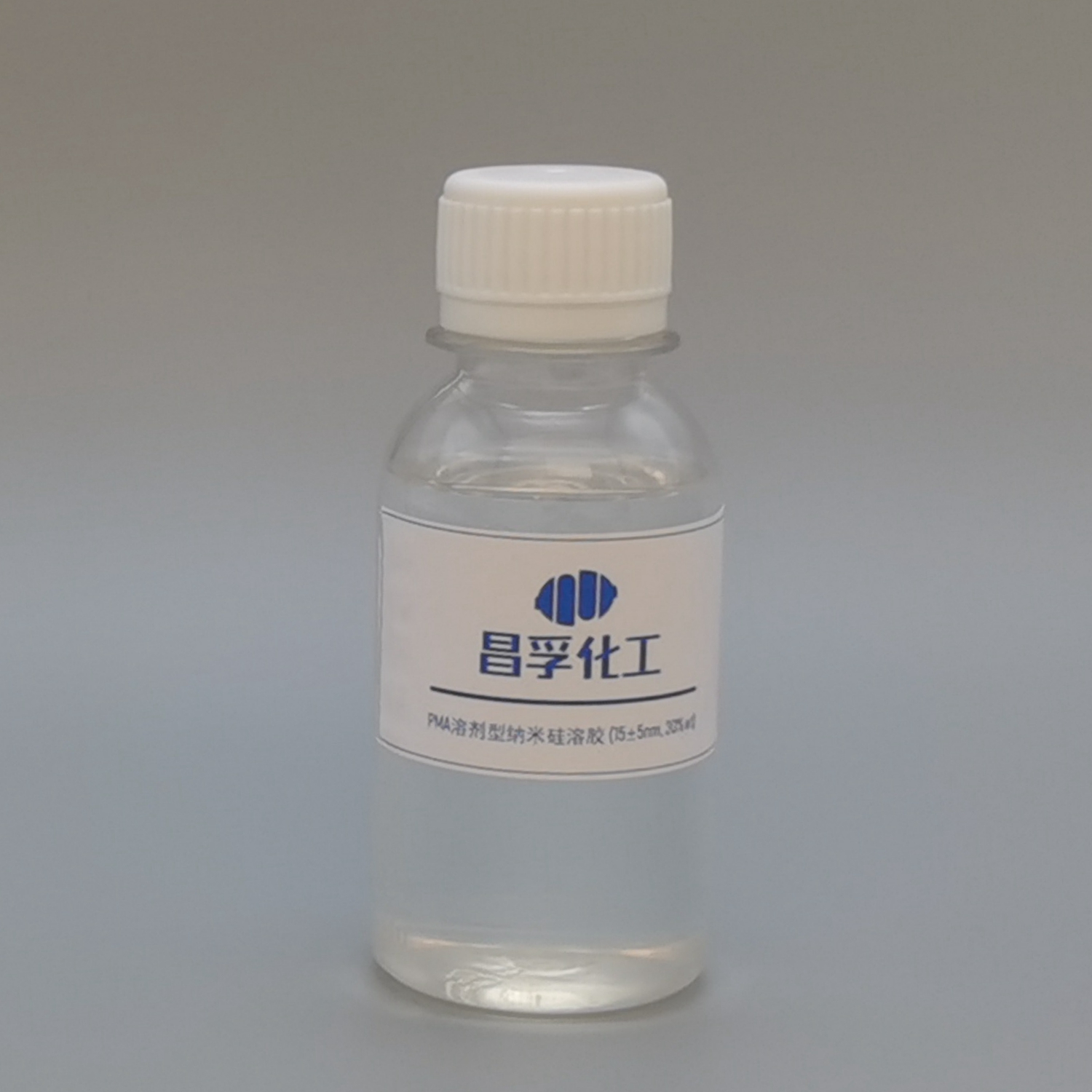
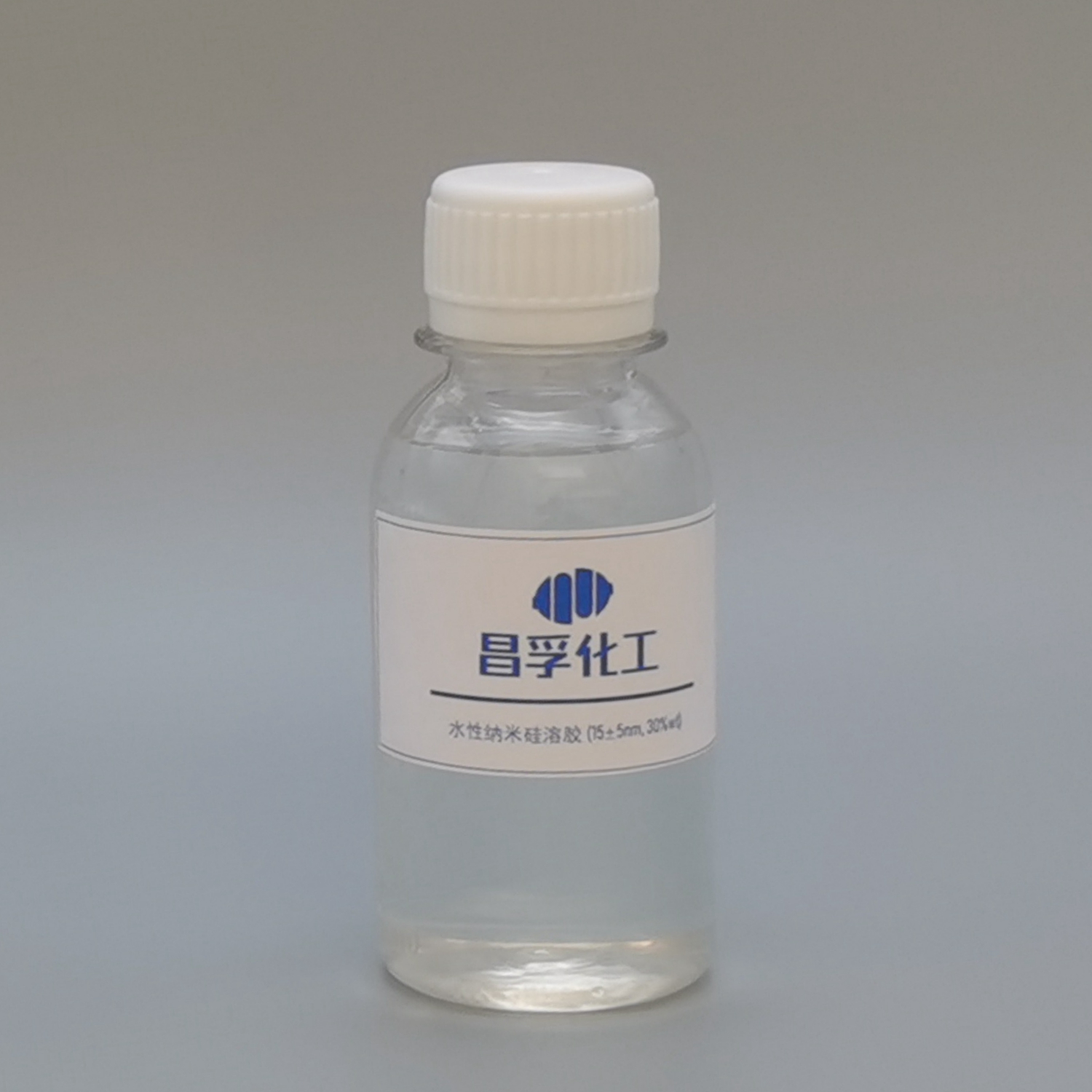

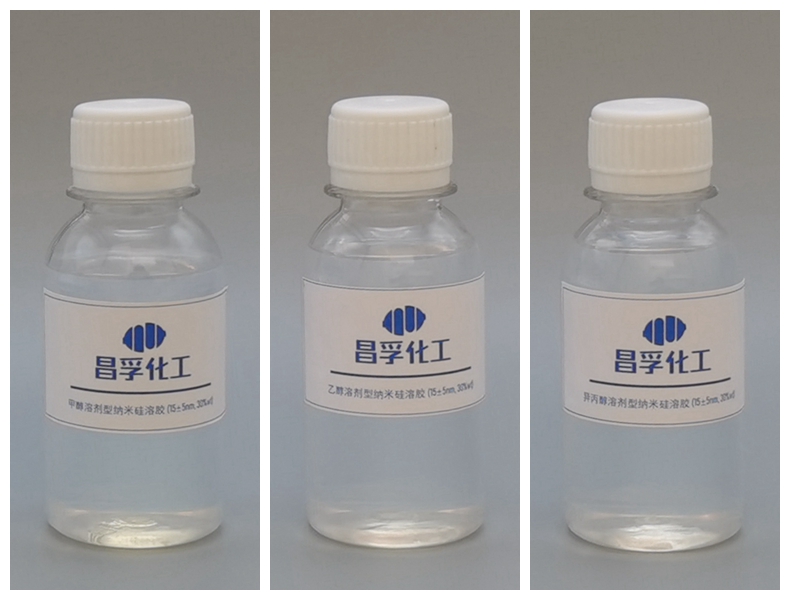
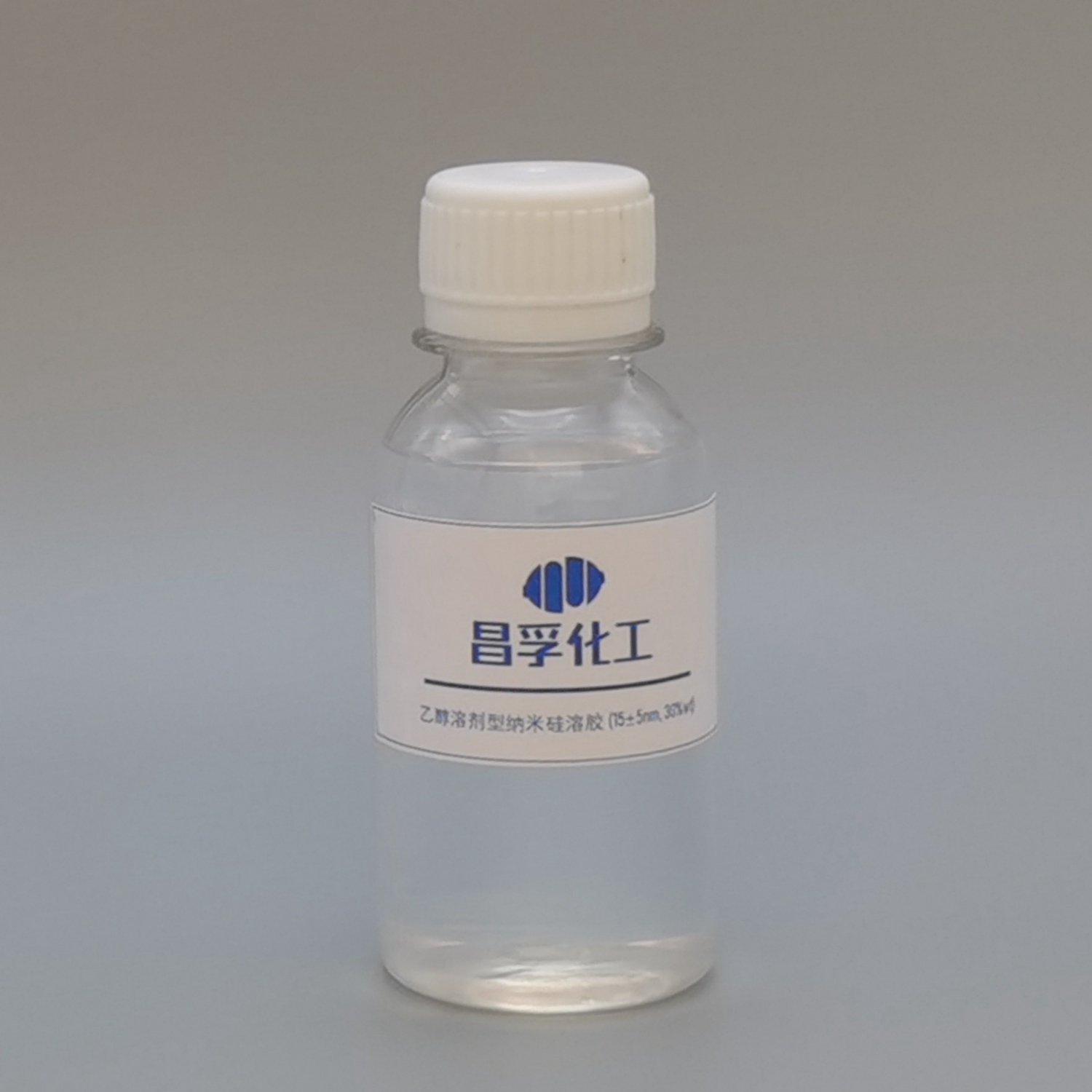
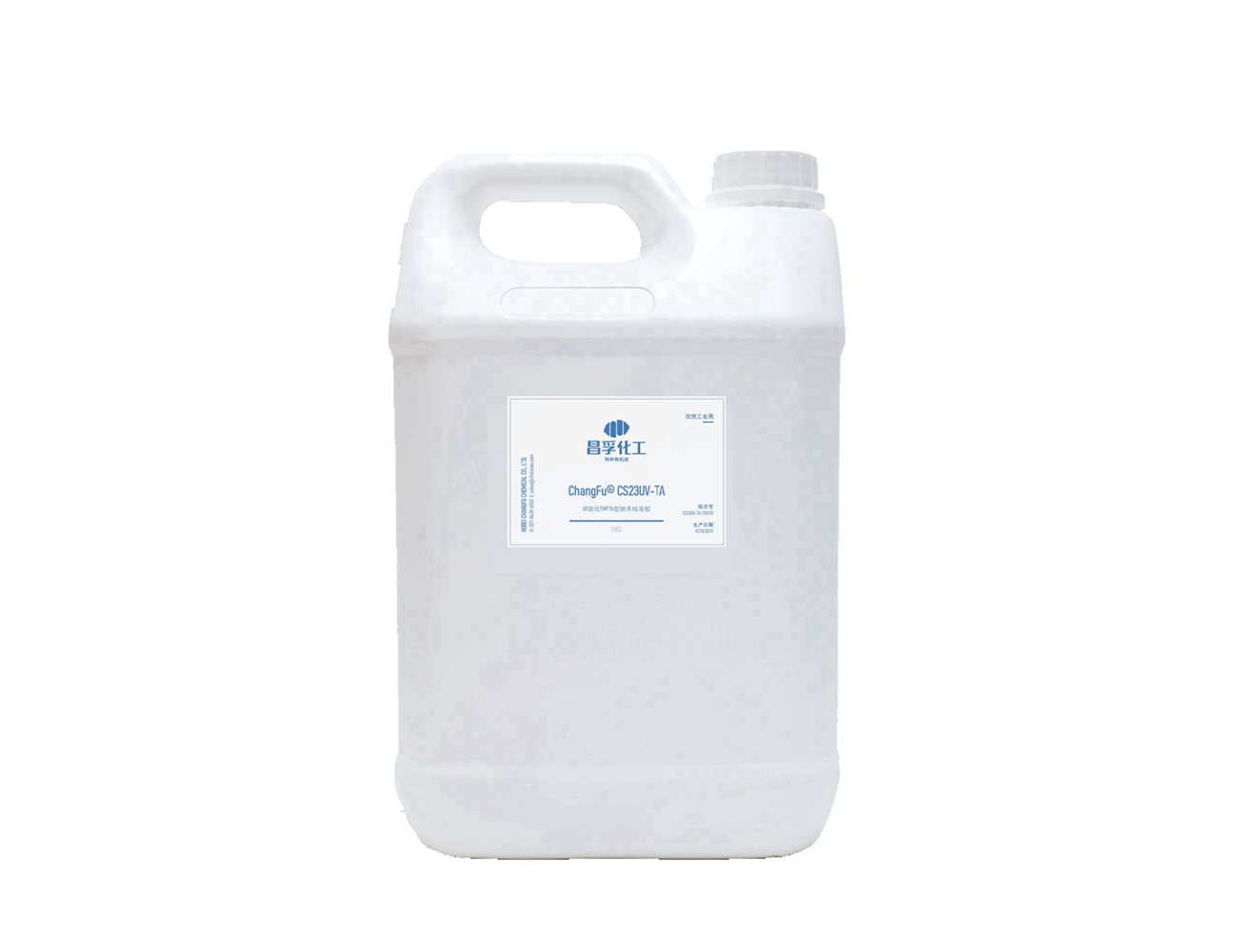
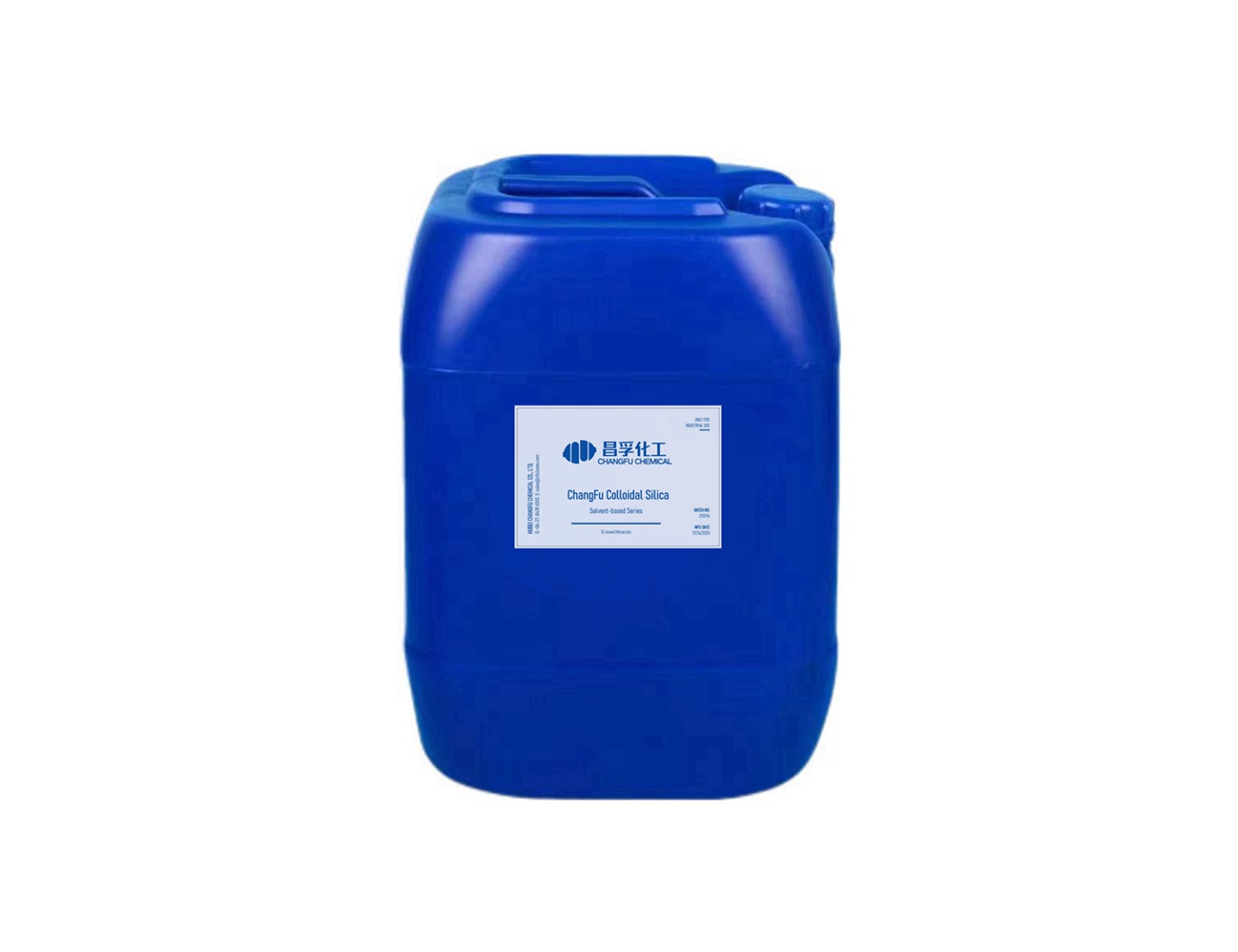


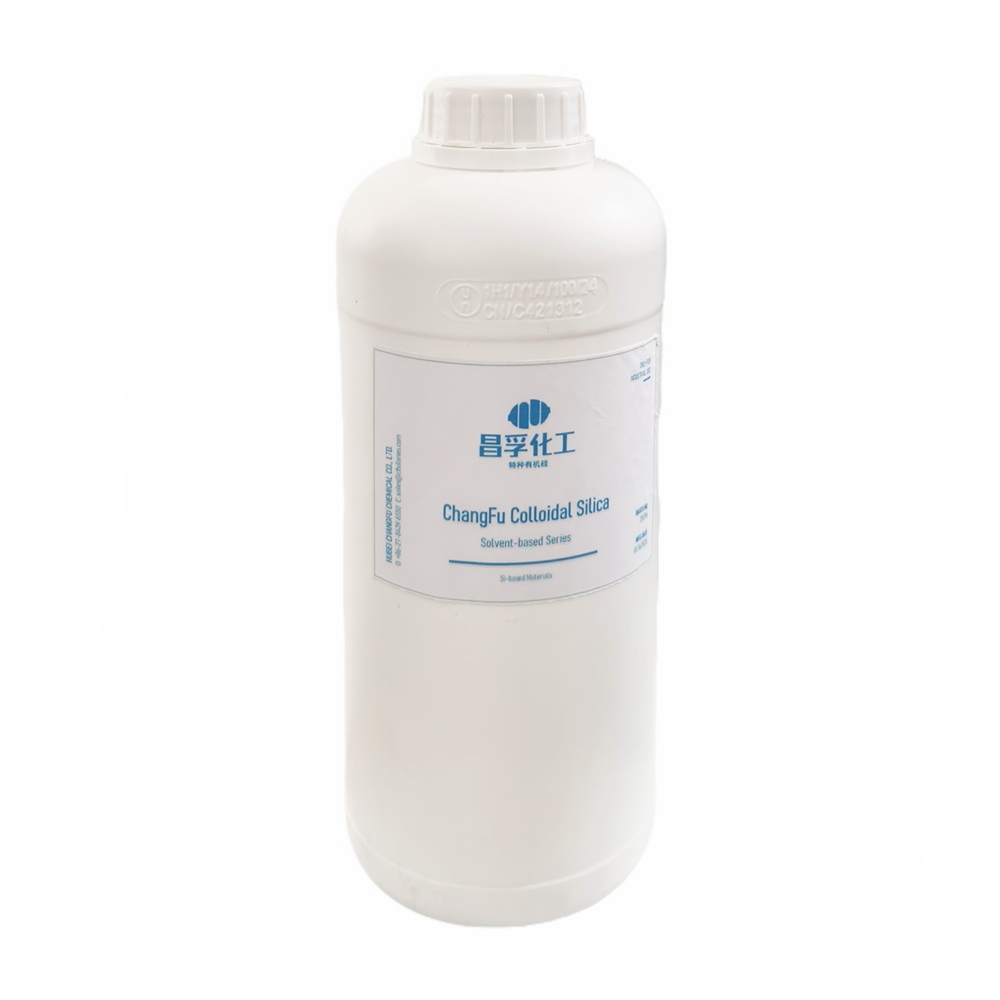


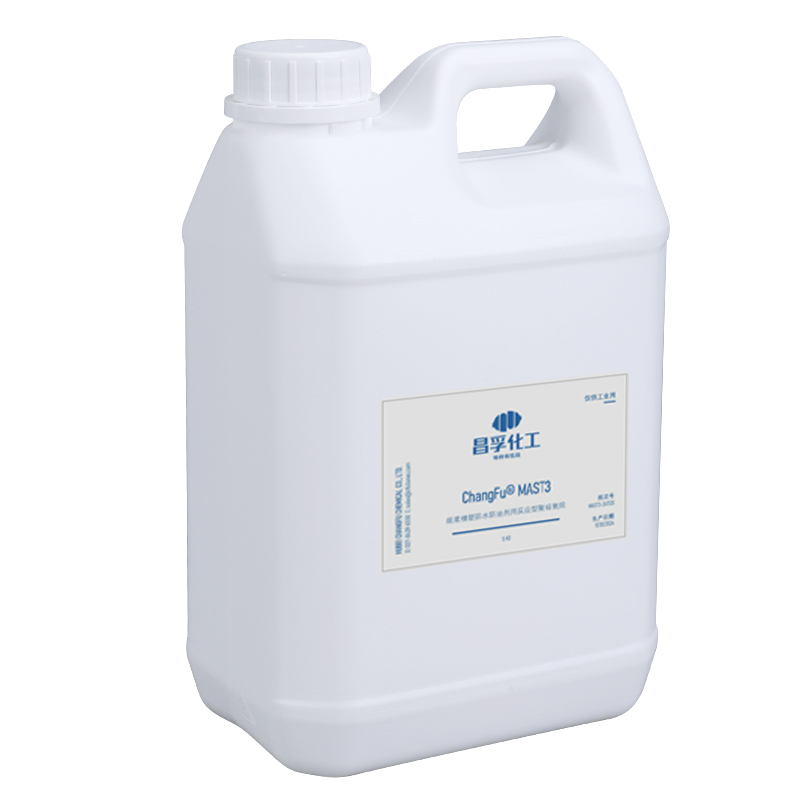





































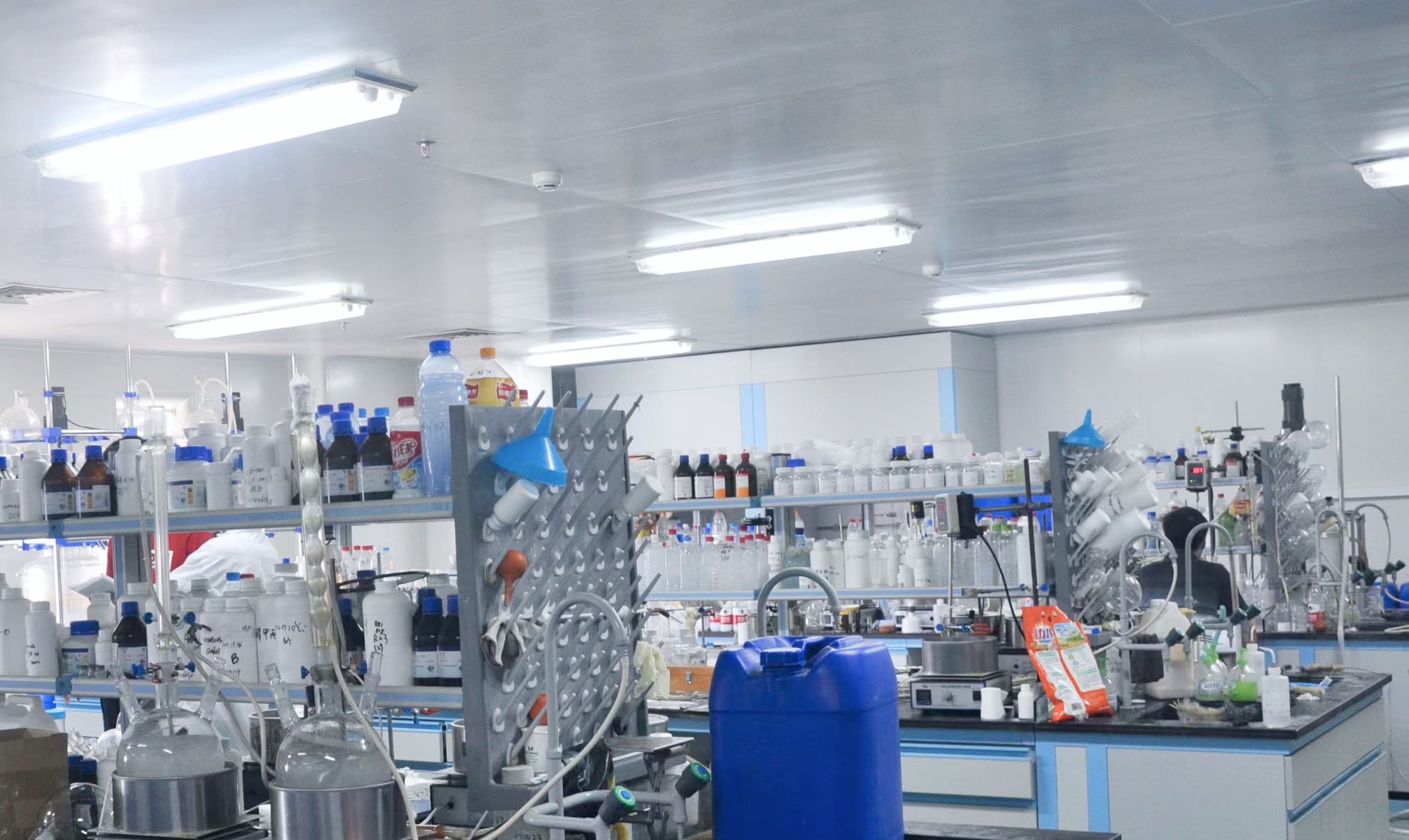

+86 27 8439 6550
+86 181 6277 0058
sales@cfsilanes.com
Optics Valley Bio-City
No. 666, Gaoxin Avenue
Hongshan District, Wuhan City

+86 27 8439 6550 | +86 181 6277 0058
sales@cfsilanes.com
Optics Valley Bio-City
No. 666, Gaoxin Avenue
Hongshan District, Wuhan City
Copyright © Hubei ChangFu Chemical Co., Ltd. All Rights



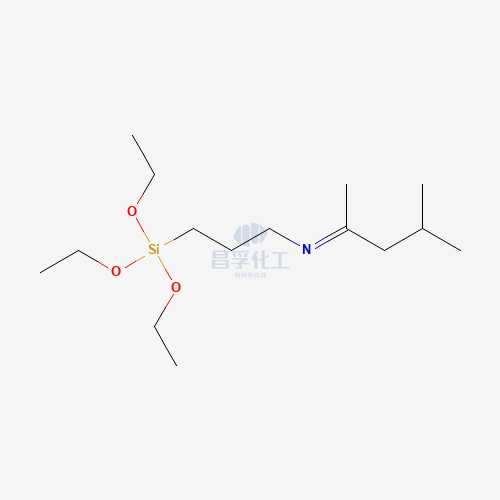
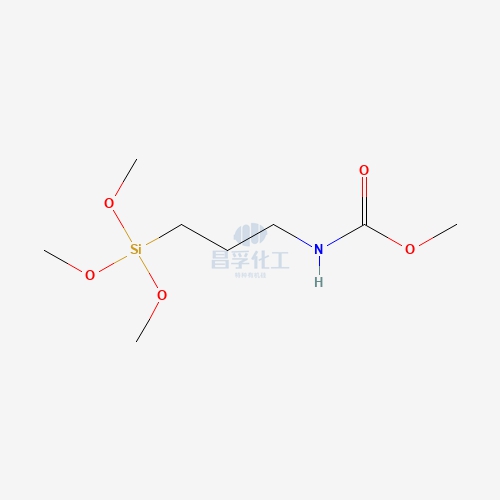
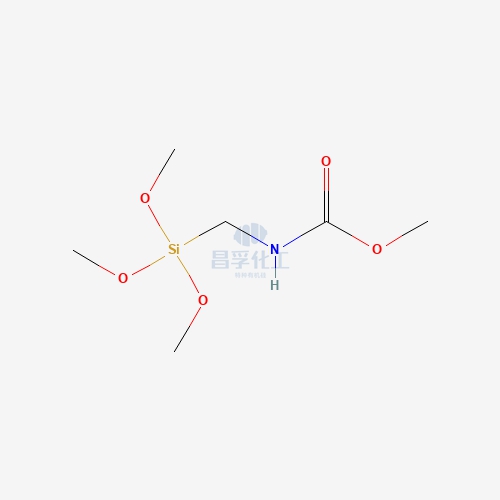
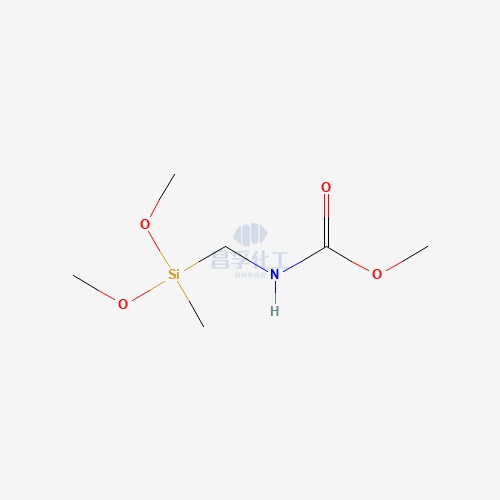
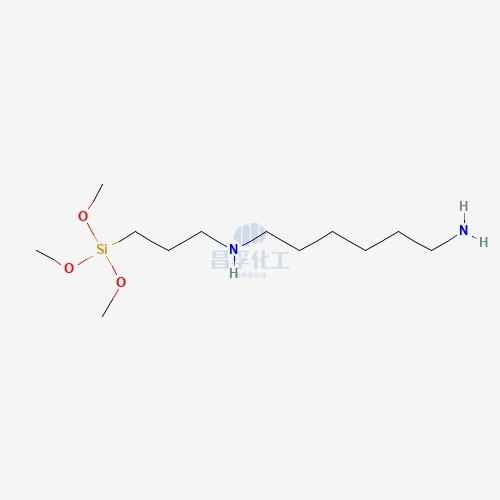
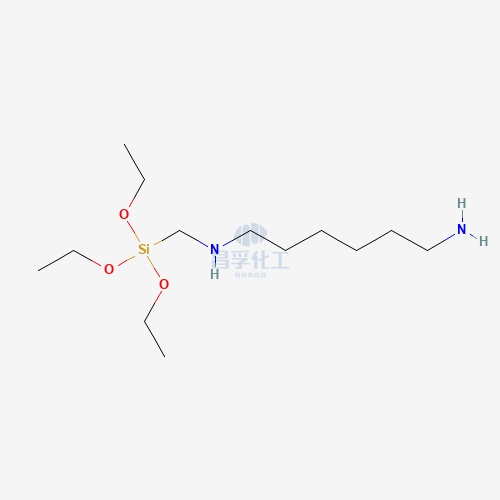
![N-[5-(Trimethoxysilylpropyl)-2-aza-1-oxopentyl]caprolactam CAS: 106996-32-1 106996 32 1 N-[5-(Trimethoxysilylpropyl)-2-aza-1-oxopentyl]caprolactam CAS: 106996-32-1 106996 32 1](https://cdn.yofishseo.com/1363882761272232/106996-32-1.jpg)
